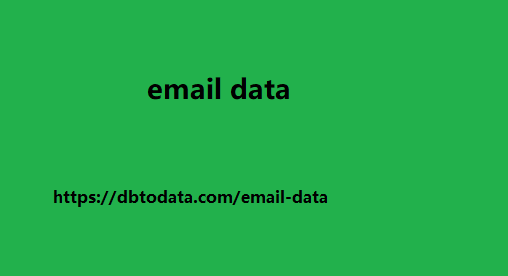A part-time data analyst position is an excellent opportunity for individuals looking to enter or continue a career in data analytics while balancing other commitments, such as education or a full-time job. In this role, analysts typically work fewer hours than full-time employees, but still engage in key tasks such as data cleaning, statistical analysis, and generating insights to help organizations make data-driven decisions. This type of job offers flexibility, making it ideal for people looking to develop their technical skills, gain experience in the field, or simply work on a project basis without the commitment of a full-time role.
Core Responsibilities of a Part-Time Data Analyst
While part-time data analysts may have fewer hours than their full-time counterparts, their core responsibilities are very similar. These may include gathering and cleaning data from various sources, performing statistical analyses, creating visualizations, and preparing reports that help businesses make informed decisions. Part-time data analysts may also assist in building predictive models or conducting exploratory data analysis (EDA). Depending on the employer, these tasks can vary, but the primary goal is always to use data to provide actionable insights that can improve business processes, products, or services.
Skills Required for a Part-Time Data Analyst Role
To succeed as a part-time data analyst, candidates need a blend of technical, analytical, and communication skills. Key technical skills include proficiency in data manipulation tools such as Excel, SQL, and data visualization software like Tableau or Power BI. Familiarity with programming languages like Python or R is often required for france email list more complex analyses or working with large datasets. Strong statistical knowledge is also important, as well as the ability to apply various analysis methods like regression, hypothesis testing, and A/B testing. Additionally, good communication skills are necessary to present findings clearly and effectively to non-technical stakeholders.
Flexibility and Work Environment
One of the main benefits of a part-time data analyst job is the flexibility it offers. Many companies now support remote work, allowing part-time analysts to work from home or any location with internet access. This flexibility makes the role attractive to students, freelancers, or those with other part-time commitments. In terms of hours, part-time data analysts may be able to negotiate their schedules, working evenings, weekends, or fewer hours per week than full-time employees. However, the level of flexibility can depend on the employer’s needs and the complexity of the projects.
Benefits and Challenges of Part-Time Data Analyst Jobs
The key benefit of part-time data analyst positions is the opportunity to gain valuable experience without committing to a full-time job. This makes it a great option for those just starting out in the field or professionals looking to transition into data analytics. Additionally, part-time roles often provide a better work-life identify relevant keywords and phrases balance, offering more personal time and flexibility. However, challenges include potentially limited access to resources or training, as well as fewer opportunities for career advancement or higher-paying projects. Part-time analysts may also face the challenge of juggling multiple clients or deadlines, depending on whether they are working for a single employer or multiple projects at once.
Career Growth and Opportunities for Part-Time Data Analysts
While part-time data analyst roles may be temporary or flexible, they still provide valuable opportunities for career growth. Many part-time analysts use these positions as stepping stones to full-time roles or as a way to specialize in a particular area cell p data of data analysis, such as machine learning, business intelligence, or data engineering. With the right skills, part-time analysts can expand their expertise, build a strong portfolio of projects, and network with industry professionals. As demand for data-driven decision-making continues to grow, even part-time analysts can benefit from the expanding job market, with many companies valuing practical experience in addition to formal education. Additionally, part-time roles may evolve into full-time opportunities as the organization’s data needs grow.

